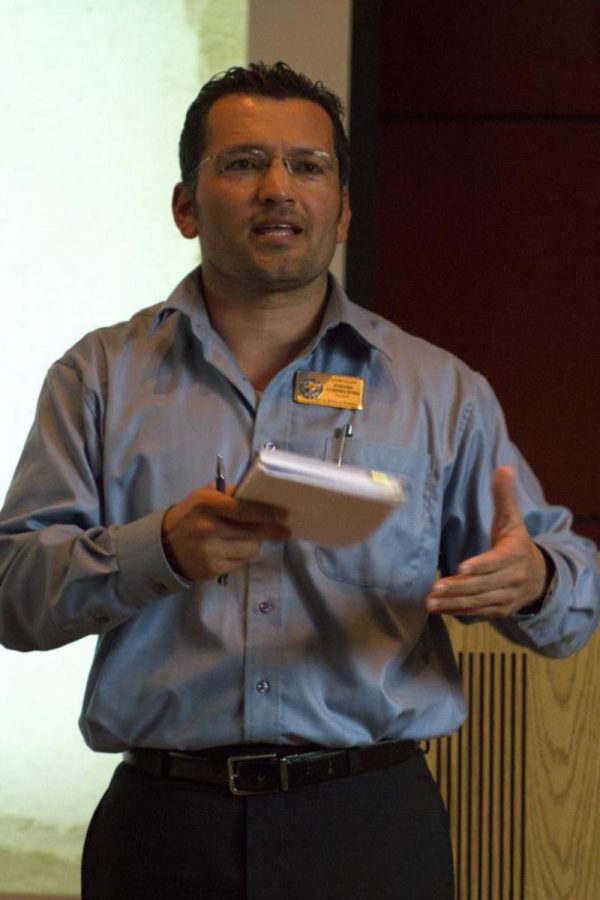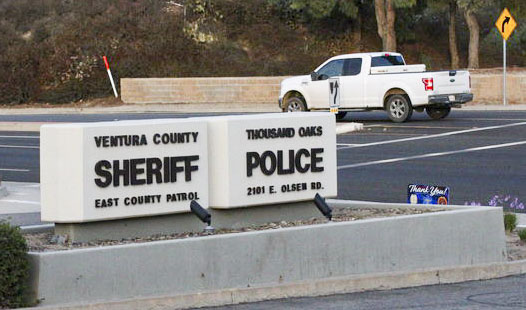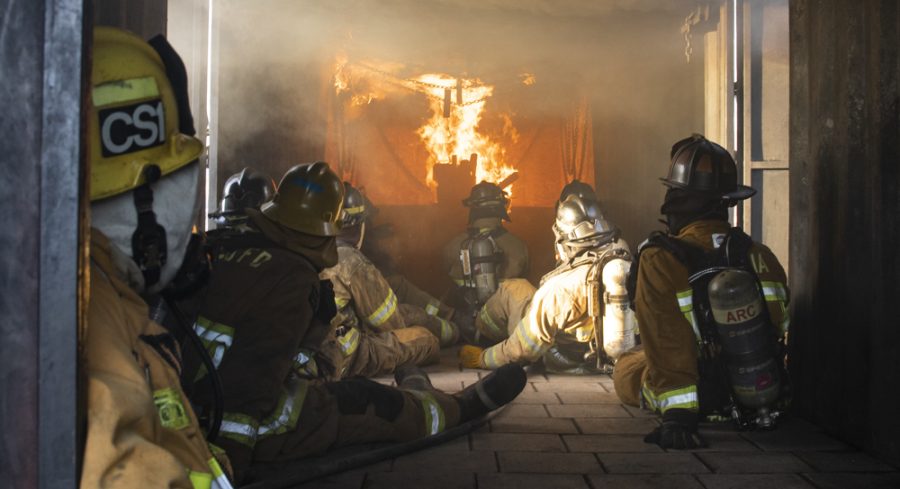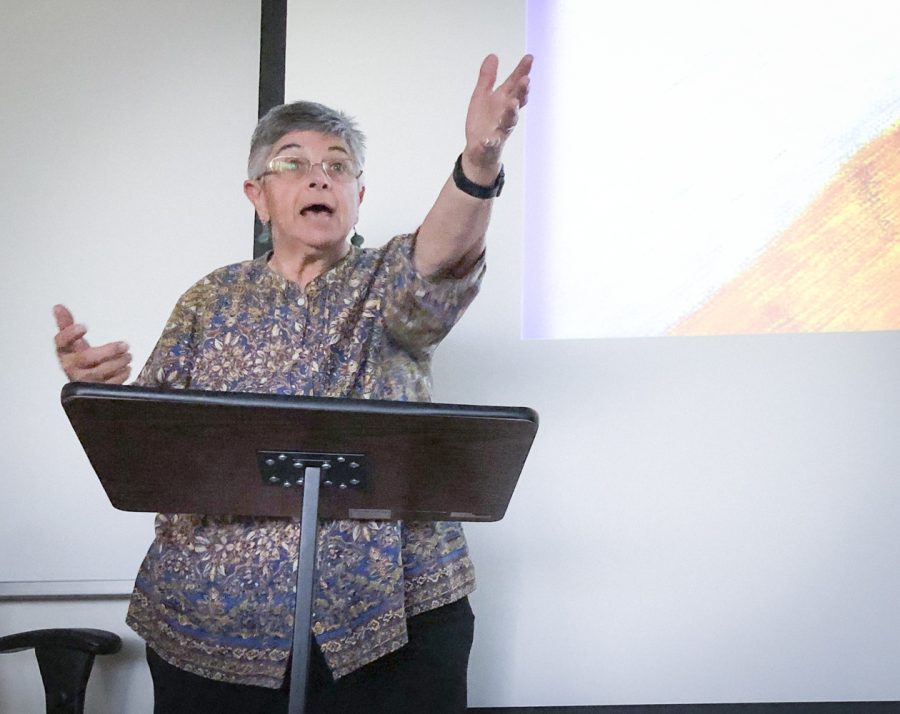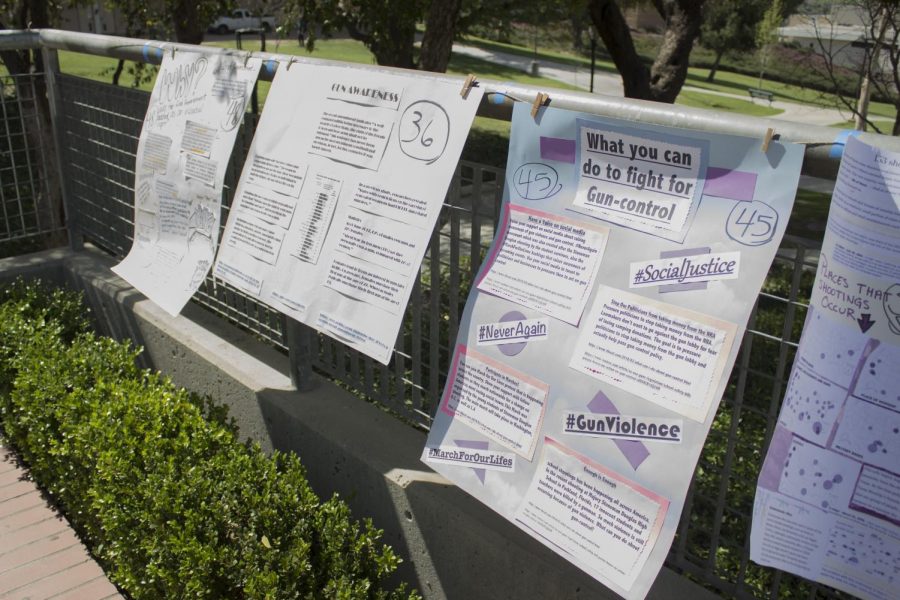In the continuous effort to educate the people of every nation, educators travel to forbidden lands in hopes of fighting oppression and poverty.
Everardo Rivera, EOPS/CARE Counselor at Oxnard College and Francisco Romero, a research specialist and community organizer, made a presentation on the effects of the U.S. Embargo on the Cuban population, to OC students and community members.
“We went as professional educators to do research,” said Romero. “Not only that, but we then committed to come back and present that information.”
According to Romero, part of their endeavor was to engage local officials to look at the environment and the travel restrictions.
The lecture was part of Oxnard College’s Literature, Arts and Lecture Series, titled, “North American Educators in Cuba,” held on Mar. 23, where the duo illustrated Cuba with a slideshow of pictures from their previous trip, accompanied by native Cuban music that set the tone for a very humbling preview.
Tanya Cole, Regional Organizer for “Witness for Peace” (Southwest), was also in attendance and spoke to the audience about her organization and various updates regarding travel to Cuba.
“Cuba is the only nation in the world that we are not allowed to travel to,” said Cole. “The travel ban is a very key element to the embargo and it’s been a very long fight.”
“Witness for Peace” (Southwest) was the sponsoring delegation for their trip to Cuba.
According to Cole, this grassroots organization leads their members to support peace, justice and sustainable economies in the Americas.
“The U.S. rarely grants access for Cubans to come to the Unites States,” said Cole. “Grammy-award winning artists are often denied access to come to the U.S and perform.”
Cole urged the audience to reach out to their representatives to steer from the current trade agreements that are in place today. She also mentioned that Cuba is still on the list of “Terrorist Nations,” although Cuba has not posed any threat for quite some time.
“We were never followed or photographed while we were in Cuba,” said Rivera. “They didn’t see us as Americans who were trying to gain information. We had open-access to several departments.”
Also mentioned in the presentation was the importance of healthcare in the Cuban society. As they visited public children housing, medical schools, tobacco fields and local families who wanted to share their story, Rivera and Romero were humbled by the experience.
Their group also stopped in for an impromptu meeting with Cuban medical practitioners who welcomed them with open arms.
According to Romero, Oxnard Elementary School has more Wi-Fi and Broadband power running through its structure than the entire country of Cuba.
“Technology and high-speed internet is being blocked by the Embargo,” said Romero. “This is something that is not allowing them to advance within their own society.”
Later in the lecture, Rivera raised an interesting question for the audience to contemplate. “How is it that we can normalize relations with a country where 58,000 of our troops were killed, like in Vietnam?”
“Our clothes are made in Vietnam. We still have 2,200 troops missing-in-action in Vietnam,” said Rivera. “Anything that happens in Cuba, whether it’s the evolution of their social-democratic system or their success or failure, we still can’t normalize relations with them.”
According to Rivera, this is a critical issue and he continues to mention that Cuba can say that they cannot succeed within their society because of the impositions made by the U.S.
“The Embargo is a very controversial issue,” said Romero. “We are now in a new century and it’s time for change.”
For more information on the organization, go to www.witnessforpeace.org/southwest.

Francisco Romero, Research Specialist, Teacher and Community Organizer also help co-host the presentation on Cuba, by showing pictures and lecturing the audience. (Photo By Monica Valencia)

